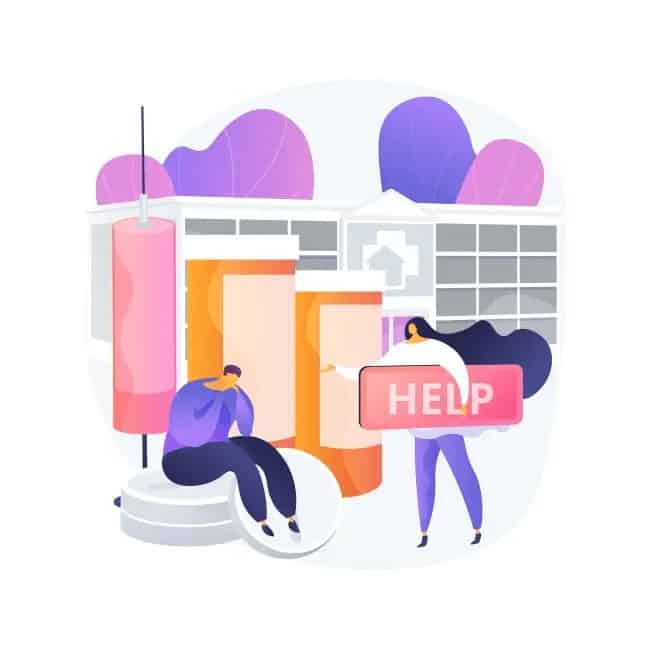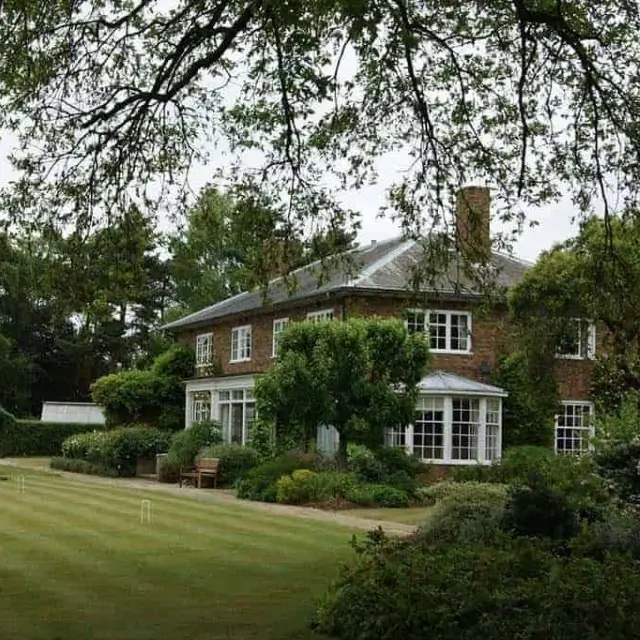The use of Addiction Workshops in Rehab
How addiction workshops can help
For the majority of people, before they are admitted to residential care in an addiction rehab centre, their understanding of addictions and addictive behaviour is very limited. Even though they are acting and thinking in an addictive manner they just don’t understand why and will blame the loss of a loved one, depression or any excuse but not themselves for the reasoning behind their behaviour. There is a feeling with individuals, generally over a long period, that they can sort this problem out for themselves. In part, this is down to denial of the extent of the problem, but it is also mainly centred around a lack of information, knowledge and understanding.
It is this understanding that is critical to our ongoing Recovery and at the Haynes Clinic, this, in part, comes through addiction workshops. The difference between a lecture and a workshop is that a lecture is a formal presentation, whilst a workshop is more “hands on” learning that allows group discussion regarding the topic which is led by the trained therapist. This group discussion allows all members of the group to share their own experiences and feelings around the topic being discussed. It is at this time that individual ideas can be constructively challenged and people can be helped to see that we are personally part of the cause of where we are at in our lives and that we can change our future and the consequences of our stay in addiction rehab.
For these reasons, workshops are frequently an essential element in addiction rehabilitation.
Coverage of addiction workshops
The fact that the addiction workshops involve group participation means that even with the same topic, no two workshops are the same. It is also this group interaction that helps us to move away from how we were self-isolating before coming in to treatment and start to gain confidence with engaging with others. There are many topics that need an understanding, with just a few listed here:
- Addiction
- Relationships
- Relapse prevention
- The 12 Step Programme
- Boundaries
- Attending support groups
- Self esteem
- Guilt, shame, sadness, anger and remorse.
- Family involvement
- Spirituality and how this is different from religion
- Resentment
An Addiction workshop could, for example, look in to how easy it is to become addicted to any of the following and being specific and relevant to why the individuals are in treatment and answer the question “why me?”. By making it specific to the group it also then becomes more personal and meaningful and will make an understanding of the topic easier to grasp. So the workshop could be on
- Alcohol addiction (alcohol dependency, alcoholism – whichever terminology preferred, though in reality they are one and the same)
- Drug addiction
- Gambling addiction
- Computer gaming addiction
- Food addiction / eating disorders (including anorexia, bulimia, over eating)
- Shopping addiction
The importance of trust and openness in an addiction workshop
It is very important that for any addiction workshop to have a successful outcome, then the group needs to have trust in the supportive environment, the fellow members of the group and the facilitator, who may also have real personal experience in the subject under discussion.
It is important to remember that whilst no two workshops are the same, the people within the residential group will also change. Their needs will vary, and it should be considered what those needs are when choosing a topic.
At The Haynes Clinic, addiction workshops, with varied topics, will form part of the residential treatment timetable and will feature throughout an individual’s stay, as appropriate.

Aftercare addiction workshops
At The Haynes Clinic, following a 28 day addiction rehab programme, there is the opportunity to attend the clinic every Friday for Aftercare (although this programme was disrupted during the Covid pandemic, leading to the introduction of an additional online group on a Wednesday afternoon). The cost of face to face aftercare is included if you have been in treatment for 28 days and the online group is open to all people who have been resident here. whilst addiction workshops taken during residential rehab treatment will cover a wide choice of topics and a help in understanding them, there can still be unforeseen issues that will occur on returning home. Therefore, Aftercare is another opportunity to have further workshops to help with further assisting with individuals’ knowledge and understanding. It is important to remember that addiction treatment is not a course and that it is a programme that has a start date but not an end date like a course. There is a long learning curve, and our biggest problem can be when we think that we can manage our addictive thinking and behaviour on our own and without the help of others. The interaction within these addiction workshops will help individuals engage more with others. Before treatment, it is very common for our addictive behaviour to lead us to be more isolating and we remove ourselves from being in the company of others. This also happens within a family environment, and it is important that we start to listen and converse with others. This will also lead us to be more willing to ask for help and to avoid a Relapse by discussing our feelings with others and prevent any return to our addictive thinking.
Due to Covid the world is a changing place, but the beauty of workshops is that they can take place in a group room, at the clinic, or now on a Zoom meeting. This can be just as informative and still allows the participants to interact with each other. Just as a facilitator will encourage communication from all in a group setting it can be just the same with an internet group.
Addiction workshops will be conducted by trained or qualified Counsellors. It is not a requirement that they are in Recovery, but the vast majority will have been through treatment, for whatever addiction, and will be working a programme of Recovery. Certainly, as they have had the experience of addiction and Recovery it is very difficult for a person to challenge the message of understanding that is being conveyed.
Addiction workshops for family members
Addiction workshops for family members are also very important. They can feel left out and on a limb if there is no help offered to them. They have been affected by the addictive behaviour and they need answers and a group discussion will help them see how others have been similarly affected. Family members should also be able to grasp a reasoning as to why their partner or son or daughter has ended up in addiction rehab treatment. The reasons why there will be the need for their loved one to work a programme of Recovery will also need understanding. One of the main concerns for family members is a questioning of how they should behave when someone comes home after in residential rehab treatment at the clinic. All these example topics can form the basis for family workshops.
There is a separate family aftercare support service available from The Haynes Clinic. This is tailored to individual circumstances and it is possible to ask for addiction workshops to be included in this family programme.



